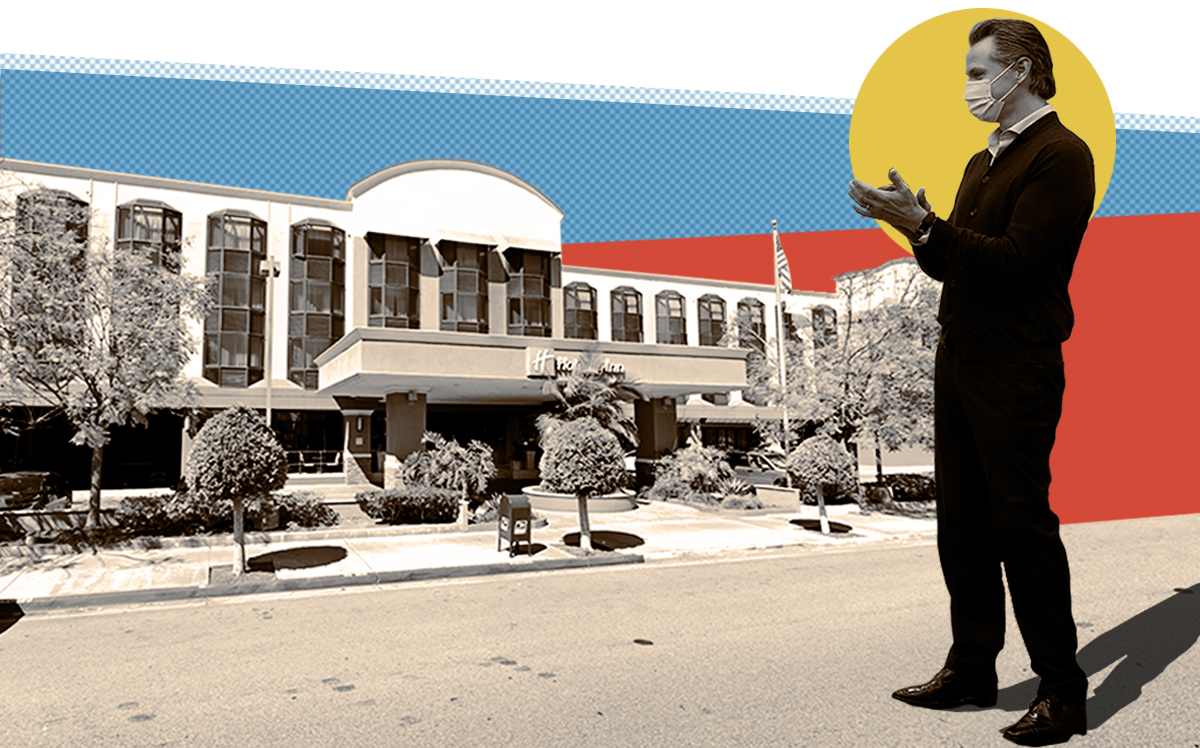Trending
California spent $850M on inns for homeless
Buying spree came as federal funding expired

Hotel sales in California fell through the floor in 2020, but a state-run spending spree produced dozens of deals at year’s end.
Gov. Gavin Newsom announced last week that the state used money from the federal CARES Act to help purchase 94 hotels, which are intended to house homeless people. The buying frenzy was prompted by the expiration at year’s end of federal money for the Project Homekey program.
State government put $846 million total toward the purchases, with $750 million coming from CARES Act funds. (Another $50 million came from state general revenue funds, and $46 million from philanthropic contributions.)
Not clear is what sums hotel operators, which include local government bodies and nonprofits, added to the purchase of the hotels. The state won’t have the total cost “until sometime in February,” said a spokesperson for the governor’s office.
For some hotels, the state may have handled all purchase costs, while handing over the inns to applicants such as the Housing Authority of the City of Los Angeles.
But other buys required supplemental money. For the Extended Stay America in Santa Clara County, the state paid sellers Blackstone and Centerbridge Partners $29.2 million as part of a $65 million purchase, according to a lending record provided to TRD.
The record indicates that Santa Clara County spent $20 million of its own money, and nonprofit Jamboree Housing Corporation took out a loan to cover the rest.
The governor’s office has disclosed how the state allocated the $846 million to local hoteliers. Twenty Los Angeles County hotels received chunks of that money including $20.8 million to a Holiday Inn in Long Beach and $16.2 million for a Motel Six in Hacienda Heights.
In an exceedingly difficult period for hotel owners, the owners of many other national chains opted to take the money and sell, among them Super Eights, Best Westerns, and Econo Motor Inns.
Newsom has billed Project Homekey as a way to permanently house the homeless, noting that the 94 hotels add up to 6,029 hotel rooms — with each room potentially serving as a long-term residential unit. It would be the applicant’s obligation to add a kitchen.
The state’s latest effort to address its homeless crisis is a cousin of Project Roomkey, in which hotels are paid to house homeless on a temporary basis.
At first blush, it appears the state may have overpaid for the hotels, said Alan Reay, president of Orange County-based hotel brokerage Atlas Hospitality Group. But, Reay added, it is hard to know without complete information about the purchase prices.




